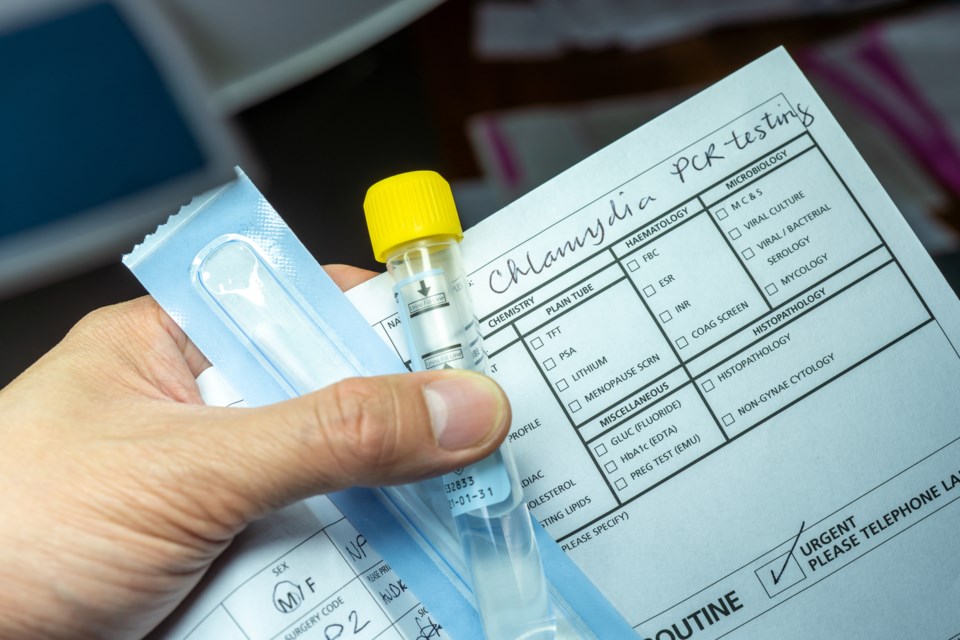Sexually transmitted infections (STIs) are soaring among seniors across Canada and the 65-plus population in the Northern Health region are part of that trend, according to the B.C. Centre for Disease Control.
In the last 10 years, infection rates among Canadian seniors who contracted chlamydia have increased by 267 per cent, syphilis rates have increased by 340 percent and gonorrhea rates have increased by 388 per cent.
This rise is because many seniors who leave long-term, monogamous relationships and re-enter the dating scene are unaware of the risks associated with STIs and hookup culture.
According to the BC Centre for Disease Control, seniors in Northern Health still only count for a small percentage of the number of seniors with STIs in B.C. but they are still on the rise and have continued the upward trend for the last decade.
“Seeing this increasing trend is the reality we have right now,” Dr. Jason Wong, BC Centre for Disease Control’s Medical Director of Clinical Prevention Services and Interim Executive Medical Director, said.
“Northern Health makes up approximately five per cent of the numbers. So overall, from the provincial picture it isn’t a huge amount and similarly the people who are 60+ years old do not make up a huge amount of the number of cases we see. It is quite a minority of cases.”
In 2022, for those who are 60 plus, there were 201 cases of chlamydia where there was more than 14,000 overall in BC.
For gonorrhea in 2022, there were 90 cases in people 60+ in Northern Health and in BC there was 3,146 cases. That's less than one per cent of cases.
For infection syphilis, the one that can be transmitted, there was 108 cases in Northern Health 60+ people and in all of BC there was about 2,000 cases.
“When we think about communicable diseases, things that can spread from person to person, a really important part is how common that infection is in that sexual network,” Dr. Wong said. “The question is how common is that infection where people may be mingling together. If it’s not very common, we don’t see the infection spreading. Even if you have multiple partners or if you're new to the dating game if your partners don’t have the infection then you won’t get the infection. That’s one of the key reason why we encourage people who are sexually active to be tested regularly so if you have a new partner or multiple partners then get tested regularly because it’s important that you are aware if you have an infection and that you are treated because all of these infections are curable.”
If you have the infection and get treated, then you are not at risk of spreading the infection to others, he added.
“So it’s not just about what people are doing but what’s happening in that population that gives us the sense of the risk of acquiring that infection,” Dr. Wong said.
It is common not to have symptoms of these infections or very mild symptoms that people may overlook, he added.
“That is a big reason why we encourage people to get tested even if they don’t have symptoms,” Dr. Wong said. “So if you have a new sexual partner or if you have multiple sexual partners get tested frequently, about every three to six months, just to make sure you don’t have the infection because it is really common that people don’t have symptoms.”
A big piece of this, Dr. Wong said, is around stigma and reducing the stigma around getting tested and the stigma around negotiating condom use.
“So recognizing sexual heath and sexual wellness is a part of overall health and wellness,” Dr. Wong said. “We do want people to live well and know what they can do so they don’t have infection and if they do have infection to know that they are all curable and its usually a short course of antibiotics. They are curable. They are not life-long infections.”
For more information there is a comprehensive website full of information for everyone called www.smartsexresource.com.



